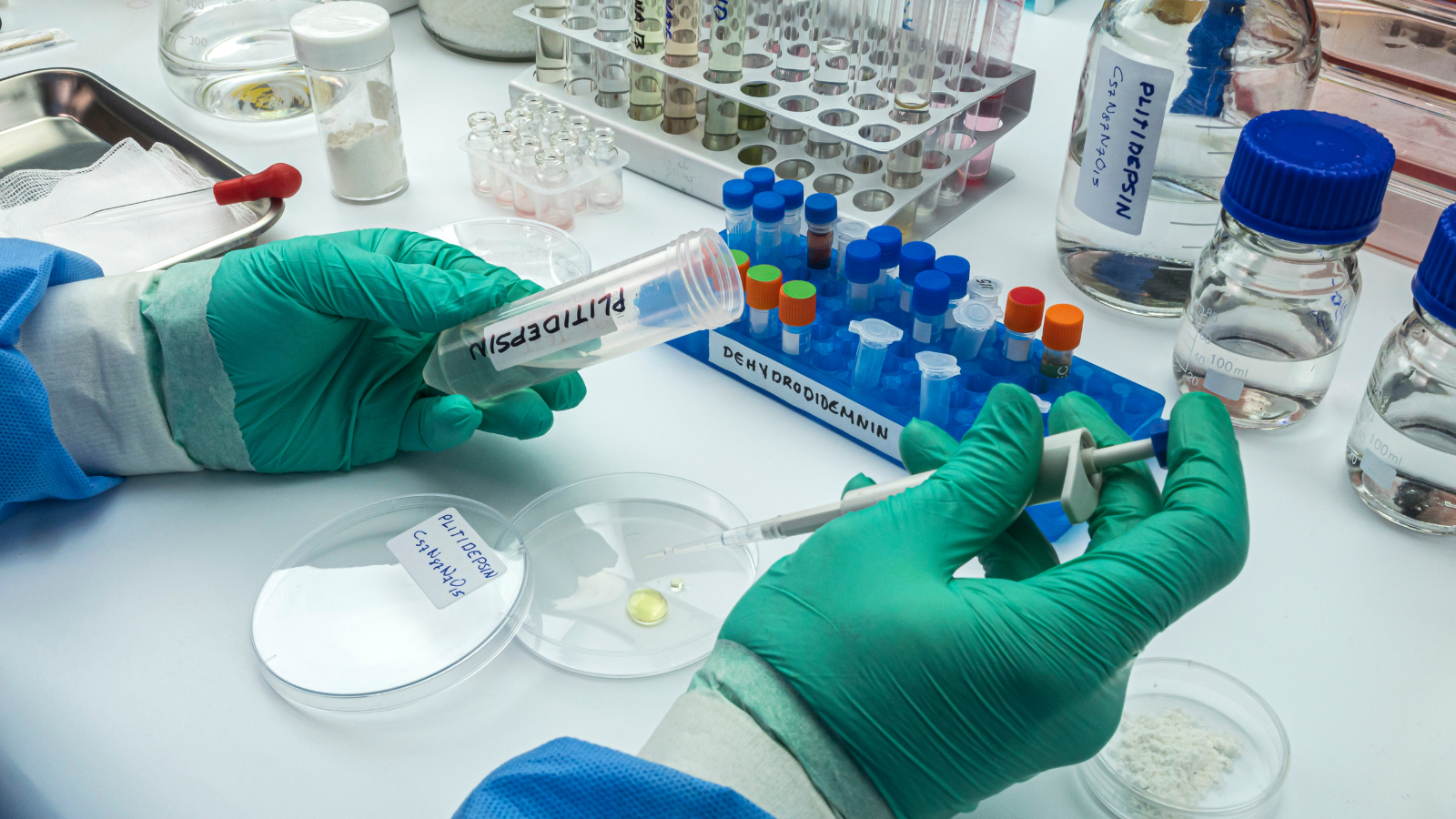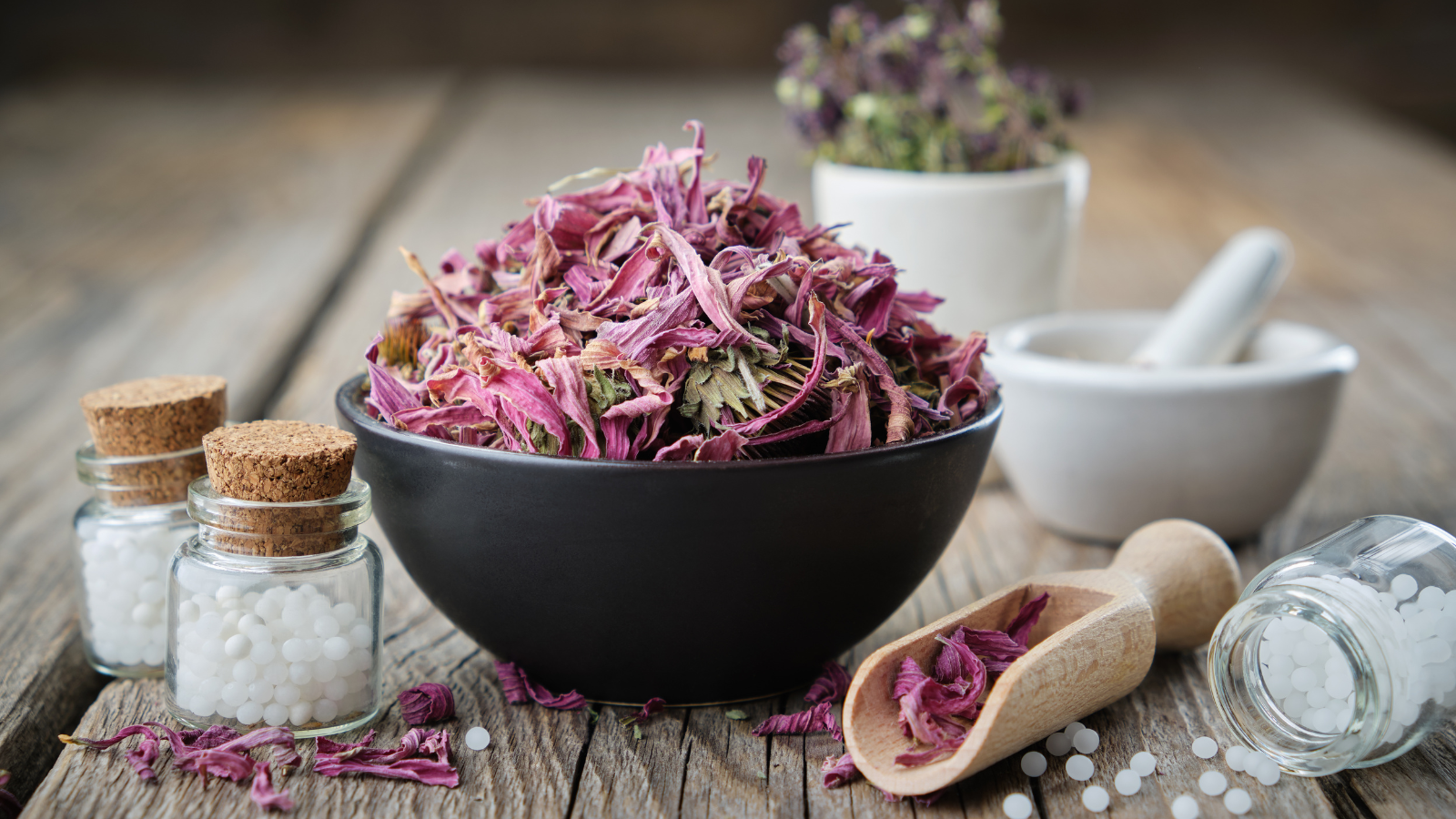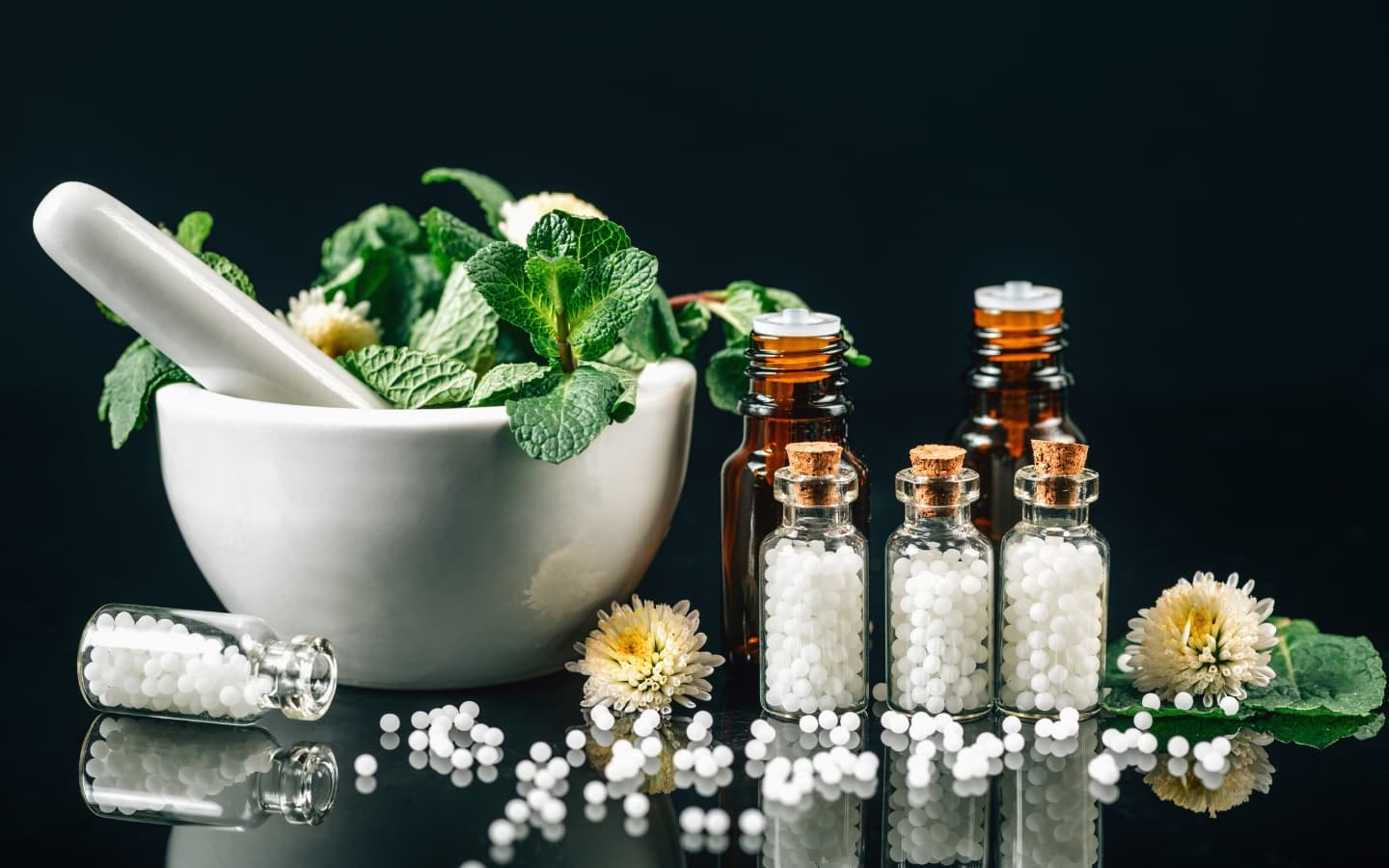Homeopathy, developed over 200 years ago by Dr. Samuel Hahnemann, uses highly diluted natural substances to activate the body’s healing process. Rooted in the principle of “like cures like,” this traditional medicine tailors remedies to match each individual’s symptoms and overall constitution. Unlike conventional treatments, homeopathy offers a personalized, gentle, and non-invasive way to address physical and emotional conditions. Today, people worldwide rely on homeopathy as a natural approach to holistic healing.
In this article, we’ll explore the basics of homeopathy, how it works, common remedies, and the potential benefits of this natural healing practice.
1. The Core Principles of Homeopathy
Homeopathy is grounded in three core principles: “like cures like,” minimal dosing, and individualization. These principles guide homeopathic practitioners in selecting remedies and treating patients based on their unique symptoms and health needs.

The Three Principles of Homeopathy:
- Like Cures Like: A substance that causes symptoms in a healthy person can, in minute doses, treat similar symptoms in an ill person. For example, a remedy made from onion (which causes watery eyes) may be used to treat allergy symptoms with similar characteristics.
- Minimal Dose: Remedies are highly diluted to minimize toxicity and side effects, yet are believed to retain their healing properties through a process called “potentization.”
- Individualized Treatment: Homeopathy treats the person as a whole, considering mental, emotional, and physical symptoms. Two people with the same condition may receive different remedies based on their unique characteristics.
Benefits:
- Provides a highly personalized approach to treatment.
- Aims to stimulate the body’s self-healing capacity.
- Minimizes risk of side effects due to highly diluted remedies.
2. Potentization: The Process of Creating Homeopathic Remedies
Homeopaths create remedies using a process called potentization, which involves repeatedly diluting and vigorously shaking a natural substance. This method aims to enhance the substance’s healing properties while reducing its toxicity. The final remedies are so highly diluted that they contain little to no molecules of the original substance, but homeopaths believe the remedy retains its energy or “vital force.”

How Potentization Works:
- Serial Dilution: The original substance is repeatedly diluted, often at a ratio of 1:10 (D potency) or 1:100 (C potency).
- Succussion: After each dilution, the mixture is vigorously shaken, which is thought to enhance its energetic properties.
- Final Potency: Remedies are labeled by their potency level (e.g., 6C, 30C), with higher potencies considered more powerful.
Benefits of Potentization:
- Ensures the remedy is non-toxic and safe for all ages.
- Allows for powerful therapeutic effects with minimal material dose.
- Reduces the risk of adverse reactions.
3. Common Homeopathic Remedies and Their Uses
Homeopathy offers a wide range of remedies for various conditions, from physical ailments like colds and digestive issues to emotional challenges like anxiety and grief. Each remedy is derived from natural substances, including plants, minerals, and animal sources, and is chosen based on the individual’s specific symptoms and constitution.

Popular Homeopathic Remedies:
- Arnica: Known for reducing bruising, pain, and swelling, Arnica is commonly used for injuries, muscle soreness, and after surgery.
- Nux Vomica: Often used for digestive complaints, Nux Vomica is ideal for symptoms like bloating, indigestion, and hangovers.
- Ignatia: Used to alleviate symptoms of grief, sadness, and emotional stress, Ignatia is a popular remedy for emotional balance.
- Pulsatilla: A remedy for individuals who are sensitive, emotional, and seek comfort. Often used for symptoms that change frequently, such as shifting moods and alternating physical symptoms.
- Belladonna: Helpful for sudden, intense symptoms like high fever, throbbing headaches, and inflammation.
Benefits:
- Addresses a broad spectrum of physical and emotional issues.
- Offers natural alternatives for conditions like pain, digestive discomfort, and emotional distress.
- Customizable to meet individual needs based on specific symptoms.
4. Homeopathic Consultation: A Holistic Approach to Diagnosis
In homeopathy, treatment begins with a thorough consultation to understand the patient’s complete symptom profile and unique constitution. Homeopaths assess not only the physical symptoms but also the mental, emotional, and lifestyle aspects of a person’s health. This approach allows practitioners to select the most fitting remedy for each individual, considering all aspects of their well-being.

What to Expect in a Homeopathic Consultation:
- In-Depth Interview: Patients are asked about their health history, current symptoms, personality, emotions, and lifestyle.
- Personalized Remedy Selection: Based on the consultation, a homeopath selects a remedy that best matches the individual’s unique symptom profile.
- Holistic Care Plan: Remedies are often part of a broader care plan, which may include dietary recommendations, stress management, and lifestyle adjustments.
Benefits:
- Provides a comprehensive view of health that considers the whole person.
- Addresses root causes of illness rather than just symptoms.
- Supports a more balanced, sustainable approach to health and healing.
5. Homeopathy for Common Ailments
People widely use homeopathy to treat common ailments, including colds, allergies, digestive issues, and minor injuries. Its gentle approach makes it ideal for all ages, including children, the elderly, and pregnant women.

Examples of Homeopathic Remedies for Everyday Health:
- Cold and Flu: Remedies like Oscillococcinum and Aconite are commonly used at the onset of cold and flu symptoms.
- Digestive Discomfort: Nux Vomica and Carbo Vegetabilis can help relieve bloating, gas, and indigestion.
- Allergies: Histaminum and Sabadilla are often used for seasonal allergy symptoms like sneezing, watery eyes, and congestion.
- Stress and Anxiety: Gelsemium and Ignatia are used to ease anxiety, especially when related to anticipation or emotional stress.
Benefits:
- Provides safe, natural relief for common health issues.
- Can be used as a complementary treatment alongside conventional medicine.
- Suitable for individuals seeking non-invasive, holistic options.
6. Homeopathy as Preventive Care
Homeopathy stands out for its focus on prevention. By addressing imbalances before they develop into physical symptoms, it strengthens the body’s natural defenses to prevent illness. Many people use homeopathy proactively to boost immune function, manage stress, and maintain overall health.

Preventive Uses of Homeopathy:
- Immune Support: Remedies like Echinacea and Arsenicum Album may help boost immunity during flu season.
- Emotional Resilience: Remedies tailored to emotional needs, such as Ignatia or Pulsatilla, can support mental well-being during challenging times.
- Seasonal Balance: Certain remedies can help prepare the body for seasonal changes, supporting adaptation to new climates or allergies.
Benefits:
- Encourages proactive health management.
- Helps maintain physical and emotional balance.
- Reduces the likelihood of recurring illness by strengthening the body’s resilience.
7. Safety and Efficacy: Myths and Facts about Homeopathy
Homeopathy often faces skepticism due to the extreme dilution of its remedies. However, many patients and practitioners report positive results, particularly when it complements a comprehensive wellness plan. While it may not replace conventional treatments for serious illnesses, homeopathy provides a safe and gentle alternative for addressing various conditions.
Understanding Homeopathy’s Unique Approach:
- Scientific Debate: While homeopathy remains controversial in scientific communities, clinical observations and anecdotal reports highlight its potential benefits.
- Complementary Use: Homeopathy can safely be used alongside conventional treatments, especially for symptom relief and preventive care.
- Gentle on the Body: With minimal side effects, homeopathic remedies are safe for all ages and can be a useful option for those seeking natural alternatives.
Benefits:
- Offers a low-risk approach to managing health conditions.
- Suitable for sensitive populations, including children and pregnant women.
- Can complement conventional care for a holistic approach to wellness.
Conclusion: Embracing Homeopathy for Natural Wellness
Homeopathy offers a unique approach to health and wellness, addressing physical, emotional, and mental needs through highly personalized remedies. By understanding the principles of “like cures like,” exploring common remedies, and working with a trained practitioner, you can experience the potential of homeopathy to restore balance and support natural healing.
Whether you’re seeking relief from common ailments, managing stress, or simply looking for a gentle, natural approach to wellness, homeopathy provides an alternative path toward holistic health. As more people turn to complementary therapies, homeopathy continues to offer valuable tools for those seeking a deeper, individualized approach to their well-being.

